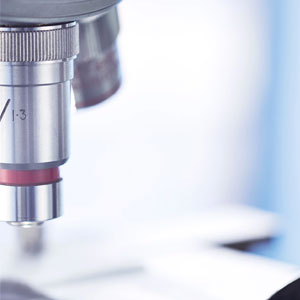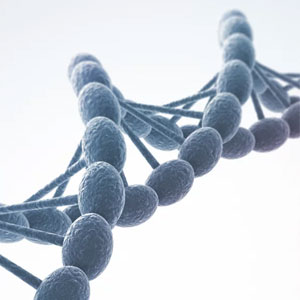WHAT WE DO
Our research aims to understand the role of non-coding RNAs in vascular disease development and progression. We study whether non-coding RNAs will be suitable biomarkers and therapeutic targtes in vascular cell therapy. The two main diseases in focus are abdominal aortic aneurysms and advanced atherosclerosis of the carotid arteries.
News
ERC Consolidator Grant for Prof. Lars Mägdefessel for his project to determine long non-coding RNA-based therapies for vascular diseases.
Learn more





